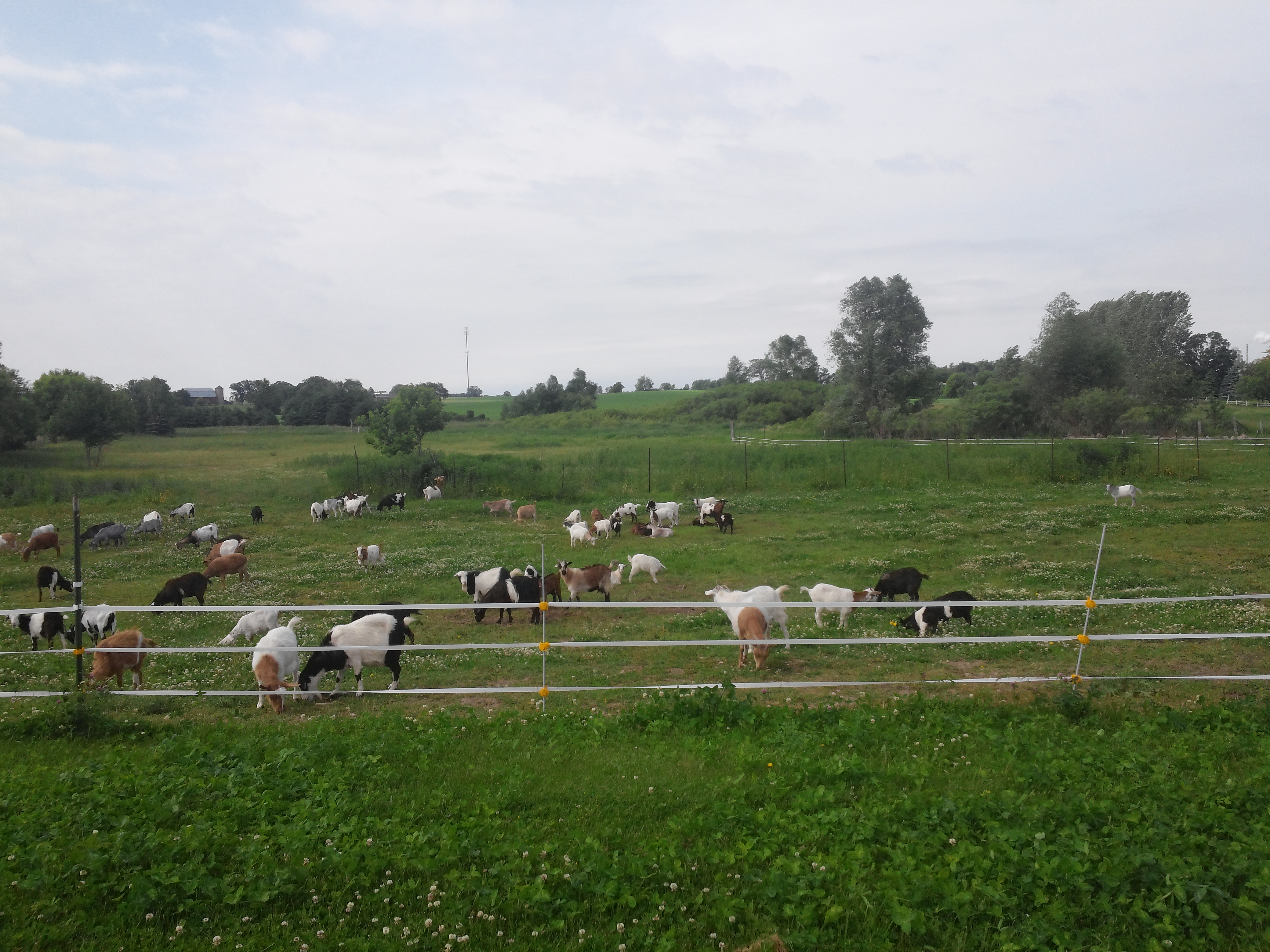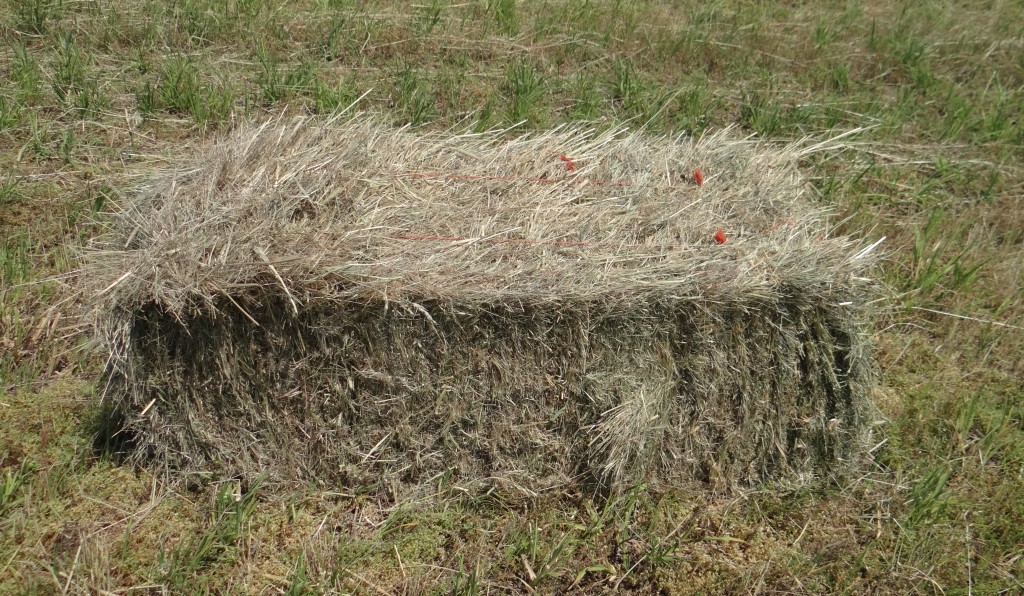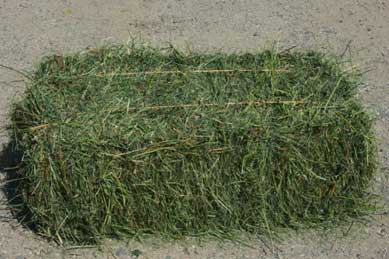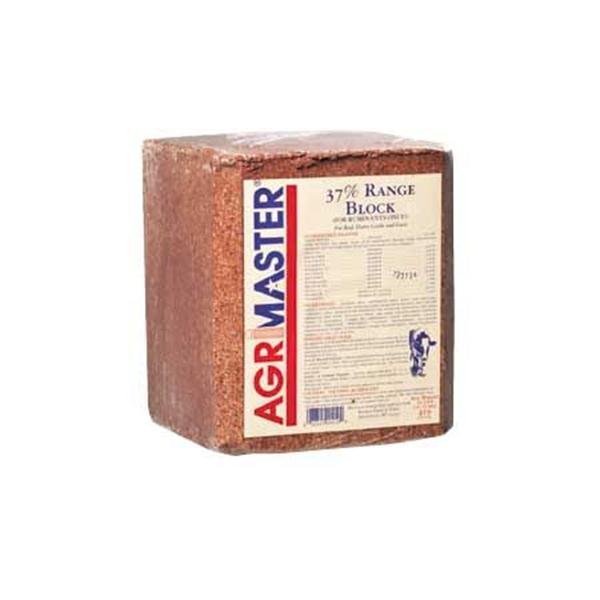1. Make sure when getting kids they are at least eight weeks old and eating grain, good grassy hay and drinking water, unless they are a bottle kid of course. Kids should be active, clear eyed, and curious. Avoid kids that sleep excessively, don't play around, hunched up, and have a dull demeanor, these are signs something is not right. Also beware of coughing, sneezing and discharge from eyes and noses. I prefer to leave the kids on their dams until they go to their new homes, except for eager young bucklings who can breed their sisters. If a breeder weans their kids early or before they leave, the kids do not get those extra nutrients they need. Kids fed stemmy/marsh/cover hay also do not get the nutrients they need from it and may have growth problems. Also deworm and start them on a cocci treatment plan as soon as you get them home unless you have seen the breeder deworm them before they left. It's easy for someone to say it's done and in fact it wasn't. Cocci and worms can multiple quickly in a stressed goat and if they have not been on a prevention plan, you could lose the goat. Any new goats coming to my farm are dewormed as soon as they arrive and if they are a kid, put on a feed mix with a coccidiocide and give a dose orally for 5 days. Any goat should have a sleek coat (unless winter when they are wooly), clear eyes and nose with no discharge and no coughing/sneezing. No foul smelling discharge from vagina in does, or loose poop in either sex.
Adults should be checked for the same things. If the goat is wild as an adult, chances are good you will never tame them down to keep that in mind. A wild goat is more likely to run off and can make the other goats wild as well. And their kids will be little wild things themselves! A kid can generally be tamed down easily if you spend time with it. Don't expect to get any animal, put it in the pen and care for it once a day and it to be friendly if you aren't willing to spend time with it.
Keep in mind bucks are breeding animals, and besides smelling, they can be pushy with other goats and you. Don't get a buck for a pet, you will not be happy, no matter what the seller tries to tell you. Bucks castrated when older can still smell and will still retain the bucky behavior.
Adults should be checked for the same things. If the goat is wild as an adult, chances are good you will never tame them down to keep that in mind. A wild goat is more likely to run off and can make the other goats wild as well. And their kids will be little wild things themselves! A kid can generally be tamed down easily if you spend time with it. Don't expect to get any animal, put it in the pen and care for it once a day and it to be friendly if you aren't willing to spend time with it.
Keep in mind bucks are breeding animals, and besides smelling, they can be pushy with other goats and you. Don't get a buck for a pet, you will not be happy, no matter what the seller tries to tell you. Bucks castrated when older can still smell and will still retain the bucky behavior.
2. Make sure your new goats of any age/size have a good, draft free, well ventilated shelter at all times. Try to avoid old, dark barns and do not let their bedding pile up to nearly the ceiling! This promotes bacteria growth and bad smells which can make them sick along with lice and worms. The more light the better and in the summer, make sure they get plenty of air inside the barn.
3. Give them plenty of space to roam for the amount you have. Keeping several in a small pen only promotes problems as they are cramped together which causes stress and fighting. Goats in general do not do well in small pens like cattle or sheep. Also, make sure they are not standing in mud and keep the old hay or bedding cleaned up as much as possible to avoid hoof rot, heavy worm populations, lice and cocci populations. Keeping their areas as clean as possible is the best as goats are clean animals and hate to be dirty. In winter, there can be a build up due to the weather, but as soon as possible come spring, clean out old hay/bedding. Then put down barn lime to dry out the areas before letting the goats back in. Lime also helps reduce slipping on ice during winter so if you have a lot of ice built up, you can use it for traction as well.
Grass hay:
Picture of the goats out on pasture.
4. For hay, use a good grass hay with just a little alfalfa. If you can't get good grassy hay, you can feed straight alfalfa but you must give it in 2-3 feedings a day until they are used to it, and cut back on their grain so they don't become obese. NEVER feed moldy or dusty hay to goats, they are like horses as in being very susceptible to mold toxicity and it can easily kill them. In fact, unless you bale the hay yourself, don't tell the seller you have goats, buy horse or heifer hay because most people still believe goats can eat anything and will try to sell you their worst hay :-( My goats get free choice round bales of grassy hay with a little alfalfa in it in the winter months. They can eat when they want, day and night. If there is bad weather, they are fed inside the barn but still can choose to go outside if they want to. This encourages them to exercise instead of being cramped up all the time which is not good for pregnant does especially. Goats need pasture to roam and to eat. While goats prefer browse, they do just fine on a good grass/weed pasture when provided with free choice minerals and fresh water. During the summer months if the goats are out on several acres of good grass/weeds/clover pasture, they should not need hay supplemented to them. They should easily maintain a healthy body weight and be in excellent physical shape from roaming around being goats. Goats like treats such as day old bread (not moldy and limit the amount of white bread), veggies and fruits (again, no mold) along with most horse treats, or alfalfa cubes (when using cubes, break them into small pieces so they don't choke). Grain should be either a goat mix (not sheep and goat) or an all-stock sweet feed with at least 230ppm minimum of copper in it. If you have a larger herd, it's much more feasible to get a custom mix from your local feed mill. Talk to your local nutritionist who can tell you if you need added copper or selenium in your area. You will often save a lot more money buying in bulk. Grain should be fed depending on age, sex and if bred or not. Grown bucks do not need grain except for breeding season and wethers (castrated males) should be limited to grain because they can get urinary calculi which can cause major problems so use in winter and small amounts. Growing kids need more grain due to they are developing and lack of proper nutrients and minerals will stunt their growth (this is why copper is so important), and since myotonics grow slower then other breeds, this is doubly important! Give them as much as they will eat in 20 minutes once a day (provided they are used to grain, don't do this if you just got them and not sure how much grain, if any, they are used to!). Measure that amount and adjust it weekly (in winter you may want to add a little more). Does who are nursing or bred need more grain as well, open (unbred does) or non-nursing does don't need as much if any during the summer months. Also, it's a good idea to add Bovatec (lasalocid) which is a coccidiocide that kills coccidia. It's much easier to feed them a coccidiocide then to try and orally dose several kids for five days. Plus the medicine goes through the dam's milk and the kids get it from a early age. If no mills are in your area, you can use a calf feed with it in it for growing kids. Check the label for Lasalocid. If you can't get that, Deccox (Decoquinate), a coccidiostat, will work but you must feed it for longer time as it only prevents cocci from growing and if the kids are taken off of it too soon, they can still get cocci.
Grass hay:
Alfalfa hay:
5. Goats are biters, not lickers, so do not use the hard, pressed cattle blocks for their minerals. The 37% protein mineral block from Fleet Farm is a loose pressed block that they can easily bite off and consume. I offer one free choice all the time along with loose cattle mineral salt (to provide the extra copper goats need) and they also get proper minerals in their grain mix. During the summer months after the kids are older and eating on their own, I cut down on the doe's grain because they can easily get fat with all the pasture they are getting plus grain, getting fat before breeding season means more chances of problems not getting them bred. Winter through kidding and nursing they get a custom made mix from my feed mill made for goats. It has the proper minerals, vitamins and proteins they need. Do not feed sheep or llama mixes to goats, they do not contain enough copper.
Pictured below is the Farm & Fleet brand of protein/mineral block. The Fleet Farm brand is the Sprout brand with the blue label. You can use either brand. For loose cattle salt, it is brownish-red and comes in a red & white bag. Offer both free-choice and always have it available. Keep out of rain, water, and make sure they can't pee or poop in it.
Pictured below is the Farm & Fleet brand of protein/mineral block. The Fleet Farm brand is the Sprout brand with the blue label. You can use either brand. For loose cattle salt, it is brownish-red and comes in a red & white bag. Offer both free-choice and always have it available. Keep out of rain, water, and make sure they can't pee or poop in it.




